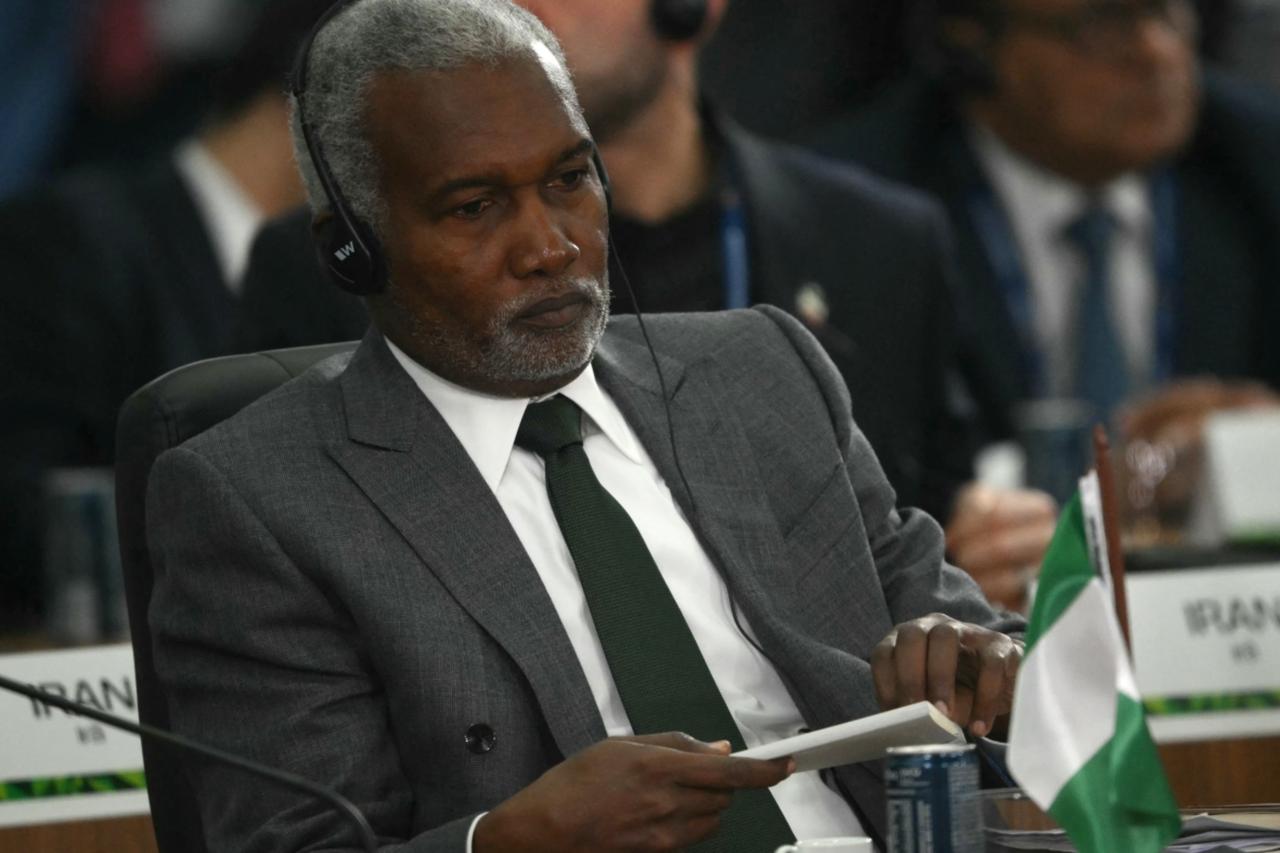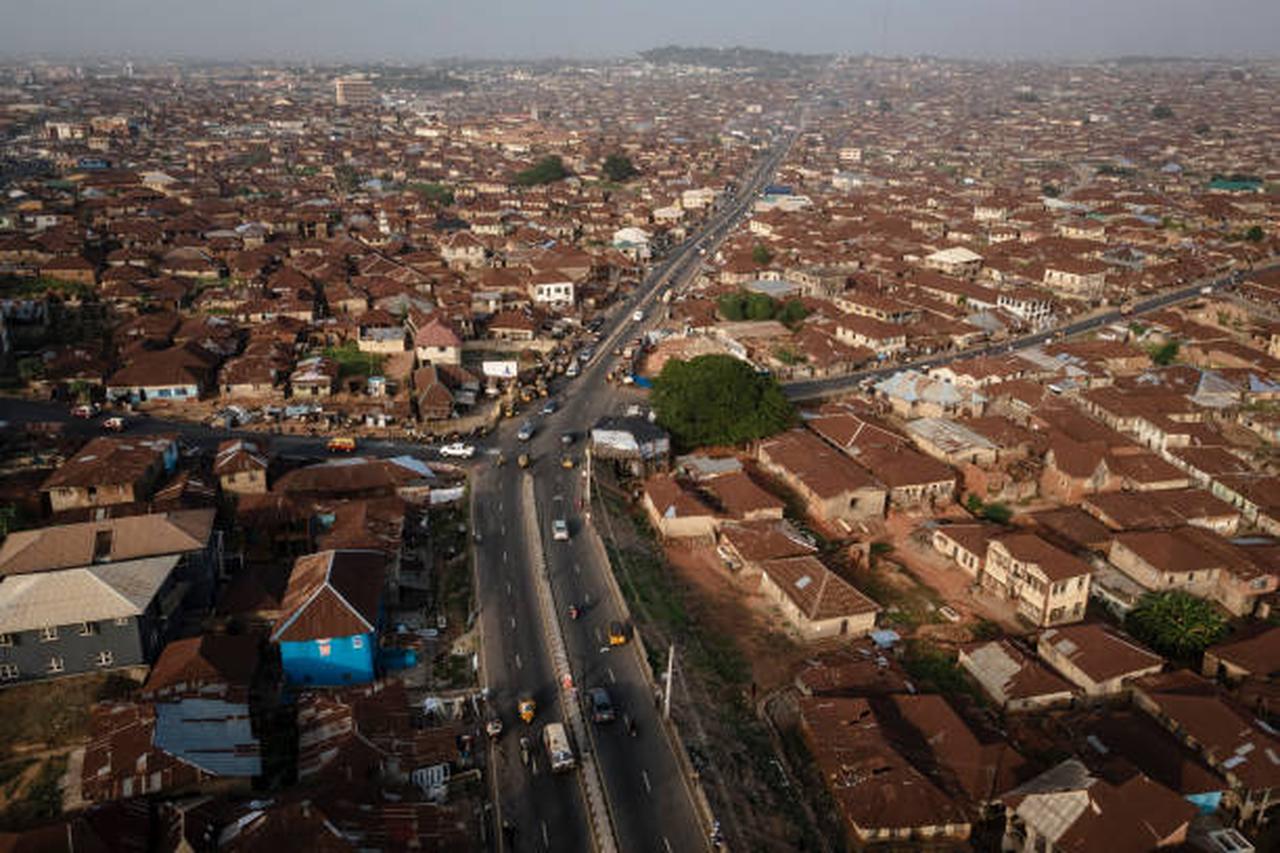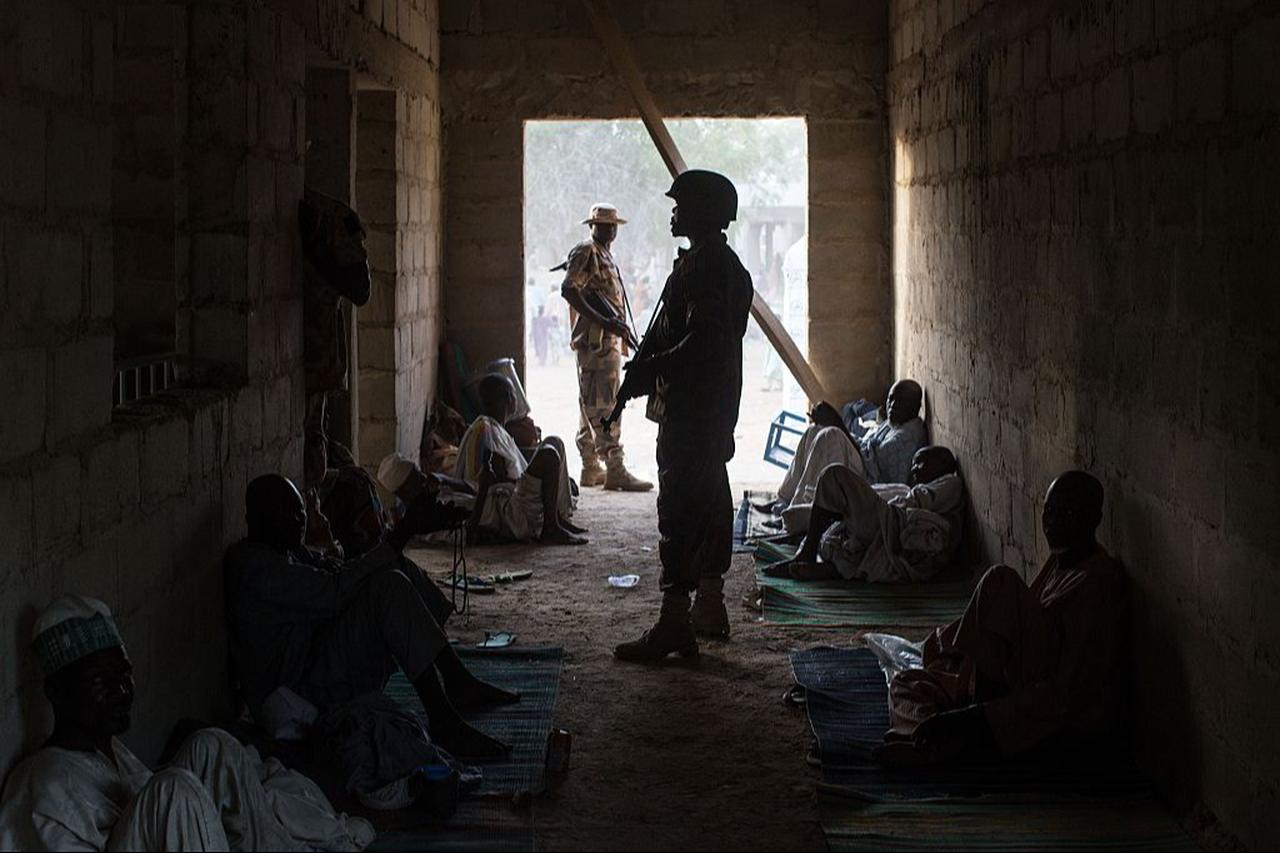
U.S. President Donald Trump’s threat to cut aid and possibly use military force against Nigeria over alleged attacks on Christians has sparked backlash across the country, where data shows that both Muslims and Christians are equally targeted by extremist violence.
Trump said on Nov. 1 that if the Nigerian government “continues to allow Christians to be killed,” the U.S. would “immediately cut all aid and support” and that he had instructed the Pentagon to be ready for possible action.
“If we strike, it will be swift, fierce, and sweet, just like the terrorist thugs attack our beloved Christians,” he said.
Nigerian President Bola Ahmed Tinubu rejected claims that Christians face an existential threat in the country.
“Nigeria opposes religious persecution and does not promote it. Our constitution guarantees the protection of rights for citizens of all faiths,” Tinubu said, adding that Trump disregarded Nigeria’s genuine efforts to safeguard freedom of religion for all citizens.
Nigerian Christian leaders also distanced themselves from Trump’s statements. Bishop Matthew Kukah of Sokoto said the violence stemmed from “complex socioeconomic and security dynamics.”
“I live in Sokoto, the heartland of Islam. If there were identity-based Christian massacres, my congregation and I wouldn’t be here,” he said.
Christian Association of Nigeria (CAN) President Daniel Okoh acknowledged attacks on Christians but said they could not be defined as a “one-sided religious genocide.”

According to data from the U.S.-based Armed Conflict Location & Event Data Project (ACLED), there were 1,923 attacks on civilians in Nigeria this year, but only 50 directly targeted individuals because of their Christian identity.
ACLED noted that while insurgent groups often present their campaigns as “anti-Christian,” most violence is indiscriminate and affects all communities.
Pastor Yohana Buru from Kaduna said both Muslims and Christians have been victims.
“This problem occurs especially in the northwest and north-central regions, but no group is specifically targeted by religion or ethnicity,” he said. “I’ve seen both mosques and churches attacked.”
Political scientist Abdullahi Musa echoed this, saying, “Christians suffer too, but most of Boko Haram’s victims are Muslims. This is not a religious war but one rooted in governance, inequality, and resource distribution.”

With a population of about 220 million, Nigeria is Africa’s most populous nation, nearly evenly divided between Muslims and Christians, with a small percentage adhering to traditional beliefs. Muslims primarily live in the north, while Christians are concentrated in the south and central regions.
Nigeria faces a range of security challenges from extremist groups such as Boko Haram and the Daesh’s West Africa Province (ISWAP), armed gangs, Biafra separatist movements, and herder-farmer conflicts.
Contrary to Trump’s assertions, these armed groups have targeted both Muslims and Christians, with no clear religious distinction in their attacks.